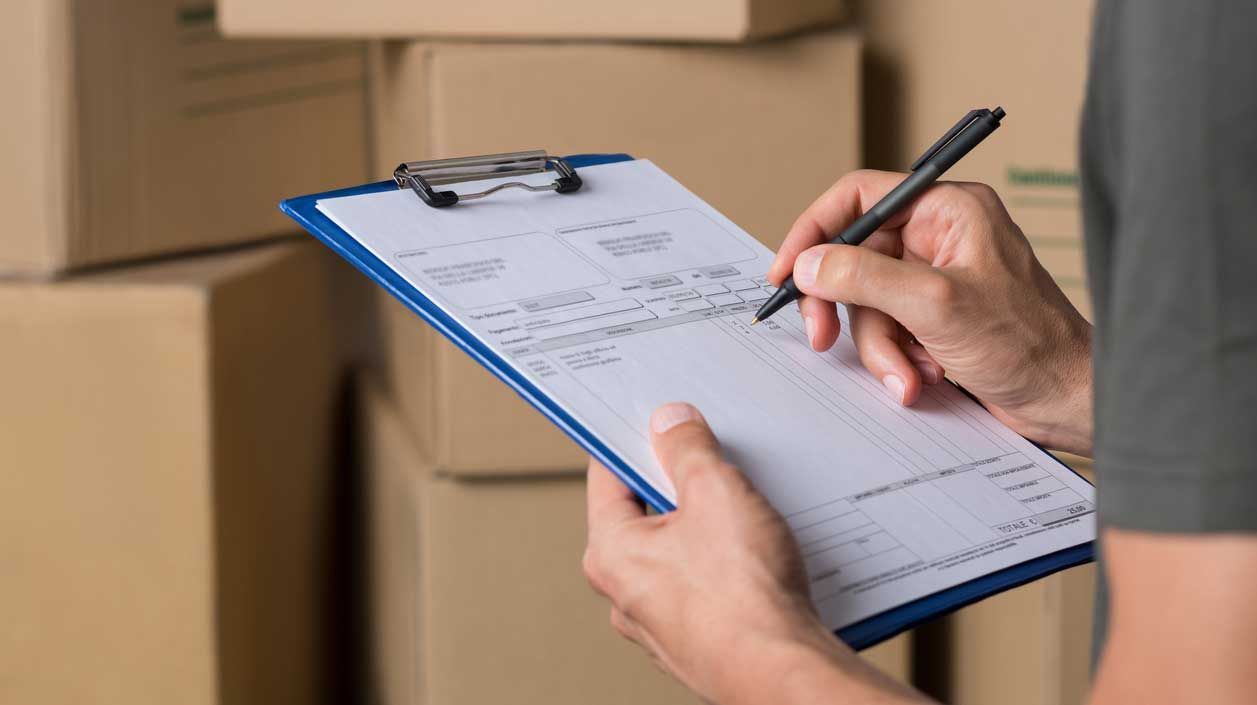Moving freight in the current fast-paced business environment isn’t just about trucks or routes but also being flexible, having data and the right systems in place for dealing with the unexpected. When you’re a manufacturing company trying to deliver products on time, or a distributor juggling multiple shipments a day, your logistics partner needs to provide more than the basic shipping services. They should provide security, control and transparency.
Modern freight brokerage services and 3PL providers that are technologically driven are able to change this.
The modern Freight Broker is More Than a Middleman
In the past, freight brokers were seen as a service provider for transporters and shippers. Today’s freight broker has transformed into an integral partner that manages the complicated logistics of transportation for their customers. They can assist clients to avoid delays, negotiate better rates, and find reliable transporters.

Image credit: translogisticsinc.com
The right freight broker will save you not only money however, but also from logistical issues that can hurt your bottom line.
Translogistics, Inc., (TLI) companies are reinventing what this relationship looks. By offering multimodal freight brokerage services, they allow businesses to shift between parcel, LTL (less-than-truckload), and volume LTL shipments depending on urgency, budget, or customer needs. This flexibility is important more now than ever before.
3PL Providers – The extra layer of strategy you did not realize you required
It’s time to look into the possibility of a 3PL service company if you’ve got multiple carriers, are having trouble juggling charges, tracking your shipments manually or manage claims on the spreadsheet. A third-party logistics company can help you with these time-consuming tasks, allowing you to concentrate on what matters to you in terms of growing your business.
A 3PL that is reliable can provide more than outsourcing services. They bring an organized, experienced, and strategy. They’ll review your shipping patterns, recommend more efficient solutions, and implement technology-driven logistics processes. You’re not just reacting to issues, but also preventing these from happening. In an industry where efficiency and transparency are non-negotiable, it’s the tools behind the scenes that make the most difference.
What is the role of a Transportation Management System?
Imagine the Transportation Management System as the control mission of your shipping. It’s the brain of digital that lets you control, track and improve your shipping using a single platform. From tracking real-time rates of carriers to creating Bills of Lading and auditing freight invoices, TMS gives you the visibility and control you’ve been missing.
Translogistics ViewPoint TMS platform was created with these exact intentions in mind. It does not just compare rates across various modes, but it also has an AI-powered drag and drop feature for transferring shipment data eliminating the manual typing that can slow teams down. It’s one example of how logistics technology is evolving to allow for speedier, cleaner and more accurate processes.
The Partnership is the foundation of success
It’s not only about infrastructure and services, it’s as well about the people. It’s crucial to build a team who recognizes what’s at risk when a shipment goes through delays or a transporter fails.
That’s why choosing a 3PL provider or freight broker isn’t just a transactional decision.
It’s also a strategic decision.
Find a vendor who responds, adjusts and invests in the technology that will keep your supply chain moving forward. A partner who treats your freight as swiftly and with as much care as you. A reliable support system can transform the chaos that is freight into an efficient process, and help your business expand. Because in the modern world of logistics, the key to success isn’t only about transferring freight. Smarter movement is the key to success.